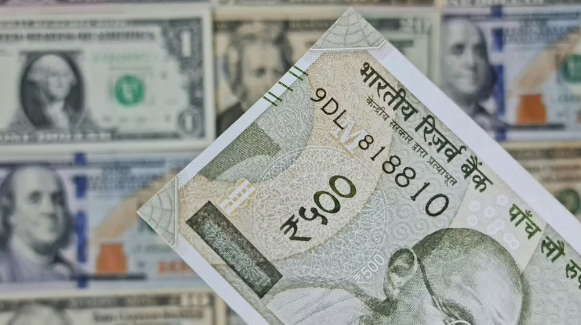India’s Foreign Exchange Reserves Hit Record $651.5 Billion
With $651.5 billion in foreign exchange reserves by May 31, 2024, India had the highest amount of foreign exchange reserves ever. Positive changes in trade, remittances, and foreign investments have helped India’s external industry reach a strong point.
Factors Contributing to Strong Foreign Exchange Reserves
Several things have helped India’s foreign exchange reserves grow:
- Exports of Software and Other Services: The Reserve Bank of India (RBI) says that service exports, especially software, business services, and travel, have grown a lot. After growing by 4.2% in the fourth quarter of 2023–24, net service exports went up by 9.3% over the same quarter.
- Global Capability Centers (GCCs): The RBI Governor talked about how important GCCs are and how they have helped software and business services exports a lot. GCC countries have increased the amount of foreign currency coming into India. It is expected to rise from 1,580 in 2022–23 to about 1,900 by 2024–25.
- Remittances: India will receive 15.2% of all remittances in 2024, making it the biggest receiver of remittances in the world. Remittances came in more than $100 billion in the first nine months of FY 2023–24.
- Trade and Current Account Deficit: The trade deficit is lower because of strong growth in services and strong remittance transfers. This makes the current account deficit less severe. It is expected that the current account deficit will stay within manageable levels for the whole fiscal year 2024–25.
Investment Flows and External Financing
- Foreign Portfolio Investment (FPI): India received a net of $41.6 billion in FPI in 2023–24. But things have changed in the first few months of 2024–25. On 05 June, 2024, net losses were $5 billion.
- Foreign Direct Investment (FDI): Gross FDI entries stayed strong through 2023–24, even though net FDI slowed down. India also stayed on top as the best place in the Asia-Pacific region for new foreign direct investment (FDI).
- External Commercial Borrowings (ECBs) and Non-Resident savings: Both ECBs and non-resident savings came in more than they did the year before. Between 2023 and 2024, the number of ECB deals grew by a large amount.
Month: Current Affairs - June, 2024
Category: Economy & Banking Current Affairs








